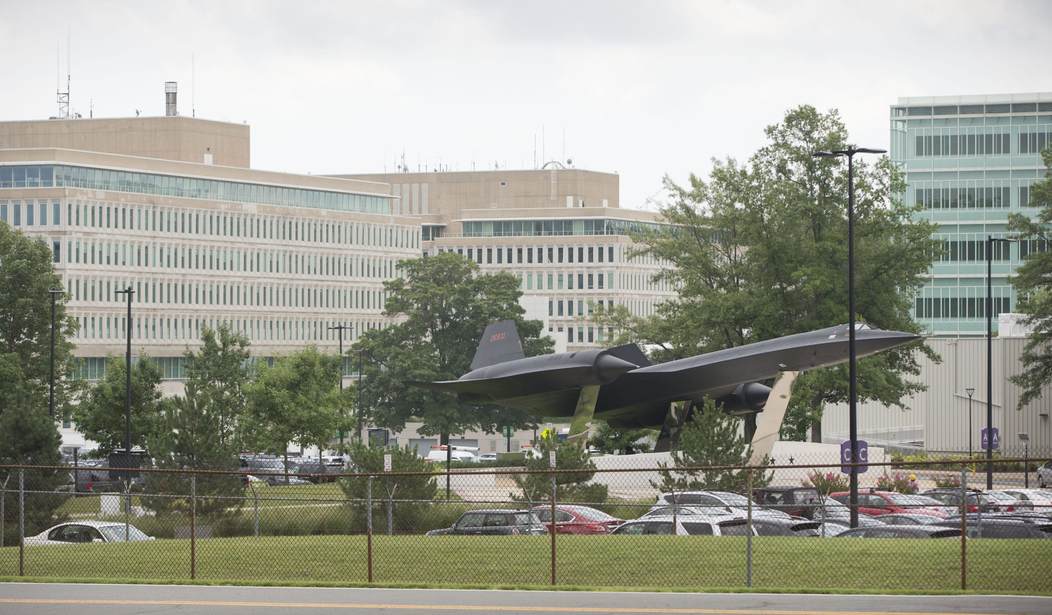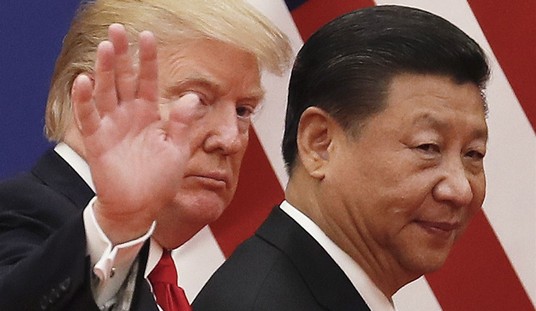WASHINGTON — The House passed the Matthew Young Pollard Intelligence Authorization Act for fiscal years 2018 and 2019 this week with an amendment directing the intelligence community to recruit from more rural and underserved regions in the United States.
The reauthorization bill passed 363-54, and included provisions to increase election security, improve retention of cybersecurity specialists, give enhanced injury benefits to CIA employees injured in hostile acts overseas, and overhaul oversight and reform at the Defense Intelligence Agency.
It creates an Infrastructure Security Center within the Energy Department to coordinate intelligence on threats to the grid and other critical infrastructure.
The intelligence community will also be required to update Congress on investigation into leaks of classified information, security clearance processing, reviews of computer vulnerabilities, and Russian campaign influence operations.
Rep. Alcee Hastings’ (D-Fla.) diversity amendment, which would require the intelligence community to create and implement a plan to broaden recruiting efforts and thus increase diversity in the ranks, was approved by voice vote.
“Expanding the intelligence community’s recruitment of minorities in rural and underserved regions of the United States is a common-sense step to building a stronger, more diversified workforce,” Hastings said. “Although we have seen improvement in some areas – for instance, an increase in minority hiring for fiscal year 2017 over that of fiscal year 2016 – we have also seen a disappointing decrease in the percentage of women hired over that same time period. I believe that we can do better in both metrics and I think one smart way of doing that is by getting agencies to broaden their searches geographically.”
“This country’s strength is borne from its dedication to the rule of law, the belief that the best form of government is one that is of the people, by the people, and for the people, and from its diversity,” he added. “It is time for our IC agencies to more fully commit to reaching all American people in an effort to let them know that inspiring and important work awaits them in the intelligence community.”
A few months before leaving office, President Obama issued a memo to heads of government agencies on increasing diversity in the national security workforce to make the diplomacy, development, defense, intelligence, law enforcement, and homeland security complex “more effective at problem solving than homogeneous groups.”
Obama said data collected on 3 million workers who comprise agencies such as the Intelligence Community, USAID, Treasury Department, State Department, Justice Department, and the Department of Homeland Security “indicate that agencies in this workforce are less diverse on average than the rest of the federal government,” and in 2015 only the State Department’s USAID Civil Services division “were more diverse in terms of gender, race, and ethnicity than the federal workforce as a whole.”
Along with providing annual publicly available demographic breakdowns of current employees, Obama directed that interviews with current and departing staffers be studied by leaders for “if and how the results of the interviews differ by gender, race and national origin, sexual orientation, gender identity, disability status, and other demographic variables,” as well as any resulting policy recommendations
Senate Democrats have tried to enshrine that in law with the National Security Diversity and Inclusion Workforce Act.









Join the conversation as a VIP Member